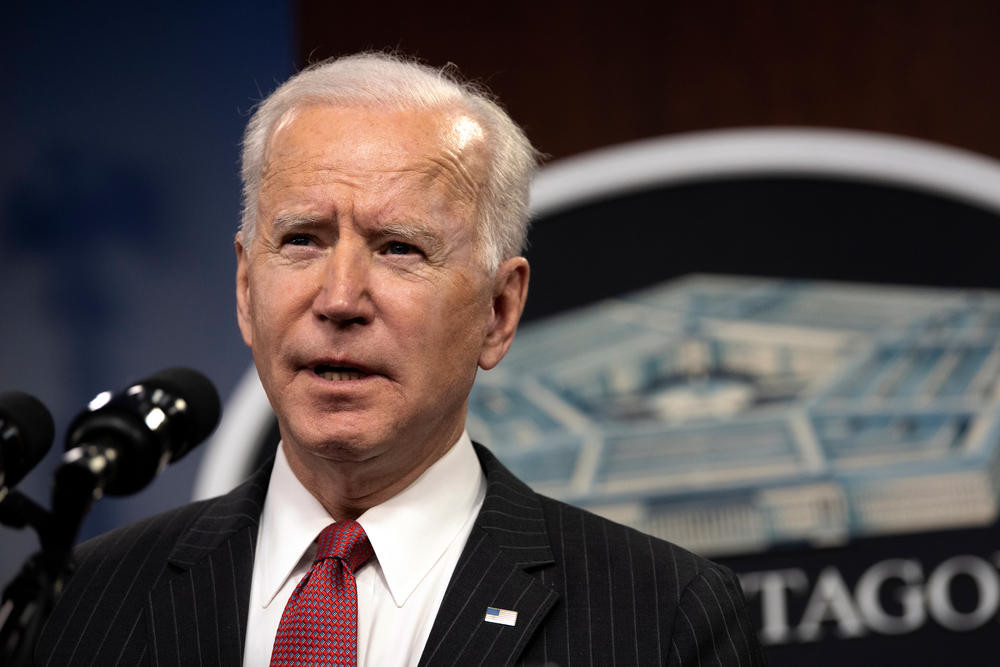Credit card transaction fees (when you swipe your card) are partially responsible for the price of goods always seemingly going up. With that said, there’s relief on the horizon with Congress looking to challenge the fee issue and help get relief out to small businesses and consumers.

While there’s some information and knowledge out there about consumers understanding credit card transactional fees, they may assume that only the business takes the price charge but may not always realize that it also has the merchants increase their prices to cover those costs.
Annually – these fees surpass $137.8 billion[1] while at the same time affect consumers from all wealth profiles and demographics. On average, these fees will cost a typical family just over $900, as was reported last year[2], with this figure only looking like it’s going up year over year.
May this past year, a report was shared by the Hispanic Leadership Fund or HLF.[3] In this report, it showed how it’s become a burden. Typically, where these swipe fees work, the report showed that the households making less than $75,000 altogether transfer $3.5 billion versus households making more than $75,000 annually. All of this is through the credit card system.
Where these fees hit the hardest are with minority-owned businesses. These can be your local grocers and restaurants and those other mom-and-pop style shops that help to make a community. Unfortunately, the fees are so burdensome that they end up being one of the highest operating costs for a business. This could even surpass the cost of the rent for these locations themselves.
The report continues to showcase how much exactly these fees would eat into profits (not revenues), and it was nearly 20% in some cases. Profit margins typically don’t surpass 2.5% for these types of local businesses, meaning that they’re barely scraping by when these fees factor in. It’s not just the small business owner who suffers, but the local economics they help to build, including job creation and growth. Small businesses are still a significant, if not the primary source of economy for the United States which means it is a major issue[4].
Yet how is this even possible if there’s supposed to be competition among companies within the credit card business? The problem here is that the entire U.S. credit card market is predominantly controlled by Mastercard and Visa. In fact, those two companies alone have over 80 percent of the market share[5]. This has allowed them to systemically raise their rates to the point where the fees have doubled within the past ten years[6].
Yet that doesn’t mean no one is doing anything about it. There’s support coming from Congress in the form of the Credit Card Competition Act[7]. It will enable more competition and possible network options, which should, in turn, help to bring back down the swipe fees and ease the burden of those merchants.
Those found in the opposition claim that this new act will, in fact, reduce the security features of these credit cards and reduce how much they can give back to consumers, i.e., through their reward structure.
All of this is false, as the rewards themselves are not operated by the credit card network providers (Visa or Mastercard) but by the supporting banks themselves that are issuing the cards. There’s no change going to happen in how that reward system works. Also, when it comes to cost savings for the merchants, it doesn’t even approach 10% of savings at the current moment. It’s only going to be $11 billion[8] projected versus the $138 billion[9] that is the total yearly revenues. It still keeps the transaction network providers with plenty of revenues. There’s already precedence as well since something along the same lines actually happened in Australia[10], and there were no issues with offering rewards.
The other issue that those against the act mentioned was card network security. According to the Federal Reserve, these networks, independent of Mastercard or Visa’s network, have only about 20% of the fraud rate. However, since it’s competitive, the act still allows for Mastercard or Visa to be one of the options chosen often enough.
Where the act helps the United States and all providers within the States is that it is going forward with blocking networks that are powered by foreign nations. An example of this is UnionPay[11], which is handled by China and will no longer be possible to operate in the processing market in the U.S. There’s currently[12] the option still available by banks, but that gives these clients’ data points to these foreign governments.
This type of reform couldn’t have arrived at a better time and will only help boost local economies and ensure smooth growth in these economically uncertain times.








